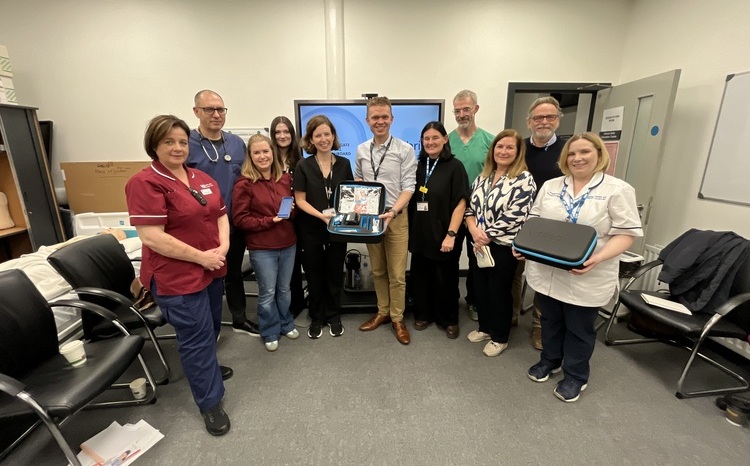Trusts meet PACS exit deadline
- 1 July 2013

England’s PACS transition programme was due to hit its first big deadline yesterday, with the successful exit of 84 trusts from their national picture archiving and communications system contracts.
In a recent e-bulletin, Alasdair Thompson, PACS Programme head, said the 30 June date had been “etched in the minds of anyone working on the programme” in the past year.
However, he said that despite some last minute issues trusts were due to successfully move to locally procured systems by the cut-off date.
The programme is already looking ahead to the next wave of trusts to exit the PACS and radiology information system contracts negotiated by the National Programme for IT in the NHS a decade ago.
The same e-bulletin says that half the trusts in London and the North, Midlands and East, where national and extended national contracts end on 30 June next year, have already provided notice of their intent to leave the contracts, and started alternative procurement activity.
The National PACS Programme started under the NPfIT banner in 2005 and split the country into five clusters. A local service provider was appointed for each cluster, and new systems were rolled out to 128 acute trusts.
The contracts for those areas in which CSC was the LSP – the North West, West Midlands and the South ran out yesterday.
The contracts for the areas for which Accenture was the LSP – the North East and Eastern clusters – were also due to run out on 30 June.
However, in order to manage the refresh, the Department of Health negotiated an extension with the company that enabled trusts to extend their contracts for a further year. Of the 32 trusts covered by Accenture, 26 opted for an extension.
The 84 trusts that exited their contracts yesterday include all 78 trusts in the areas where CSC was the LSP, plus the six trusts in the Accenture clusters that chose not to use the DH-negotiated extension.
The contracts for the London cluster, where BT is the LSP, were always intended to run out on 30 June next year, and plans are being put in place for a three-phase exit of trusts from these contracts.
Trusts looking for alternative solutions have two main options to them – to go out to OJEU tender, or to use a framework contract drawn up by NHS Supply Chain to make ‘tactical’ procurements to secure their existing systems or to make more ‘strategic’ investments.
At UKRC in June, Thompson told delegates that of the trusts that had successfully procured new PACS systems, half had used the OJEU process and half the NHS Supply Chain framework.
In the second phase of the refresh, he said he expected to see far more trusts use the framework, as most of the trusts that had gone out to OJEU tender had been large trusts that wanted to start the process early, before the framework was developed.




